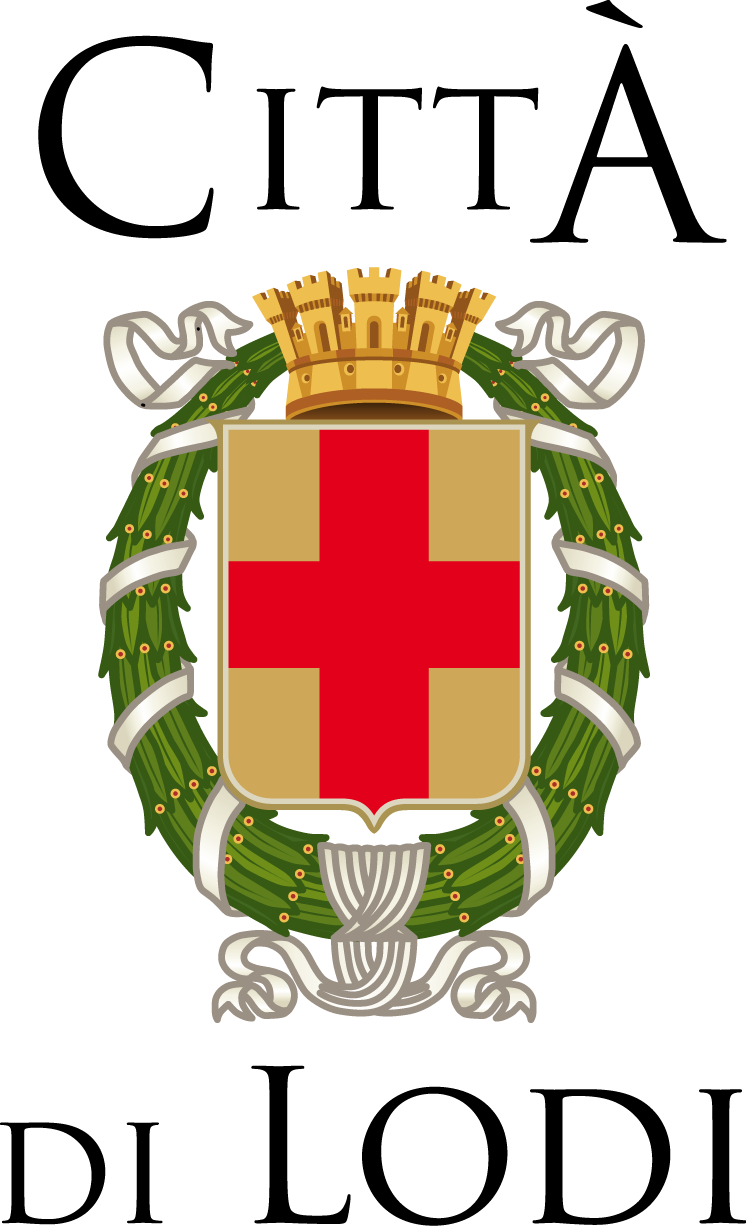







DESPAIR of a Cannibal Soul (A Prologue) è il titolo della mostra personale di MRZB presso la vetrina di Platea | Palazzo Galeano.
The work consists of a multimedia and polymaterial installation where fetishes, inspirations, unpublished works, canvases, collages, and written texts accumulate. This tangle of objects functions as a prelude, a sort of spin-off, to a broader cinematic project that the collective is working on. Fictitious artifacts of an illusory character, the works presented are part of the production of a para-cinematographic pulp and neo-noir work that, starting from the film format, reproduces, deconstructs, and compresses the phases of ideation, realization, and staging.
DESPAIR of a Cannibal Soul (A Prologue) è il secondo evento di FARE COLLETTIVO, il nuovo palinsesto espositivo di Platea con cui si propone di esplorare il fenomeno dei collettivi artistici, chiedendo agli artisti invitati le ragioni di formare collettivi e le necessità di spazi di cooperazione. Attraverso mostre, pubblicazione ed eventi, Platea si configura come luogo di indagine, coinvolgendo il pubblico e le scuole. Le attività si svolgeranno da marzo a dicembre 2024, a Platea Palazzo Galeano e Platea Project.
BIO
MRZB is an artistic group formed in 2014. Their nomadic and collaborative practice questions the processuality of creation as a stacking of tensions and forces. MRZB draws on the marginal, the domestic, the discarded, the suburban — as removed, psychedelic and hallucinatory cosmos — to traverse the specters and residues of a centripetal and massified reality. In recent years, the collective articulated their practice in a series of mise-en-scènes. Appropriating and taking adrift the formats of the spectacle, MRZB has produced polyphonic assemblages, pathetic and exaggerated microcosms that incorporate and re-signify the detrita of contemporary culture. MRZB is Andrea Parenti, Désirée Nakouzi De Monte, Filippo Tocchi, Pietro Cortona, currently based between Amsterdam and Milan.



| Cookie | Duration | Description |
|---|---|---|
| cookielawinfo-checkbox-analytics | 11 months | This cookie is set by GDPR Cookie Consent plugin. The cookie is used to store the user consent for the cookies in the category "Analytics". |
| cookielawinfo-checkbox-functional | 11 months | The cookie is set by GDPR cookie consent to record the user consent for the cookies in the category "Functional". |
| cookielawinfo-checkbox-necessary | 11 months | This cookie is set by GDPR Cookie Consent plugin. The cookies is used to store the user consent for the cookies in the category "Necessary". |
| cookielawinfo-checkbox-others | 11 months | This cookie is set by GDPR Cookie Consent plugin. The cookie is used to store the user consent for the cookies in the category "Other. |
| cookielawinfo-checkbox-performance | 11 months | This cookie is set by GDPR Cookie Consent plugin. The cookie is used to store the user consent for the cookies in the category "Performance". |
| viewed_cookie_policy | 11 months | The cookie is set by the GDPR Cookie Consent plugin and is used to store whether or not user has consented to the use of cookies. It does not store any personal data. |
map
Platea Palazzo Galeano:
Corso Umberto 46, Lodi, 26900
Platea Project:
Via Maddalena 3, Lodi, 26900 (open by appointment only)
email: info@platea.gallery
whatsapp: +39 351 149 8258